
Cover art by Chris Yabrough, Design by Shawn King
Balin and his twin brother Brulen grow up revering their dead father, a storied knight of the High King Uther’s time, but are held back from following in his footsteps by their mother, a priestess of the old religion whose capitol is the Isle of Avalon and whose chief defender is Merlin, the son of a demon. Brulen respects the old ways, but Balin submits to the will of the Christian God. When their mother is burned at the stake as a witch by fanatics, Balin blames the corrupting influence of Avalon, and Brulen declares war on the Christian priests. The two take very different paths to knighthood.
A new high king arises; Arthur, whose rule must unite pagan and Christian alike. Sir Balin, now known as The Savage, answers the king’s call, but in his heart, questions the presence of the shadowy wizard Merlin beside the throne. When a vengeful enchantress comes to court bearing a cursed sword and promises to make Balin the greatest knight in Albion if he will slay his beloved king, Balin sets out on a long quest that will veer between God and glory, love and madness, justice and revenge, and shake the land of Albion to its very foundation.
I think my first real exposure to Arthuriana was probably an early episode of GI Joe where Storm Shadow the ninja discovered Excalibur in a British castle and wielded it against the Joes. Not auspicious, maybe, but it stuck with me, and later I saw Boorman’s Excalibur, which made a huge impression on my adolescent sensibilities and rendered a good many of my early D&D characters insufferable paladins.
I read Marion Zimmer Bradley’s Mists of Avalon, but I think it was my aunt lending me her copies of Mary Stewart’s Merlin trilogy (The Crystal Cave, The Hollow Hills, The Last Enchantment, and the Mordred-centric follow up The Wicked Day) that made me finally seek out Mallory and de Troyes.
Of course the histrionics of Arthur are interesting, but I’ve always been drawn to the legendry of it, the enduring fantasy that’s come down to us through the ages, as Steinbeck was in his Acts of King Arthur and His Noble Knights.
This article on the NY Times, reprinting Steinbeck’s forward of his retelling is worth a look. If I were a plagiarist, I would have copied the thing verbatim for my own as it sums up the affection I have for Arthur pretty well.
 For my own Arthurian novel, and my first leap from my usual horror and historical fantasy offerings to the classic sword and sorcery variety, I chose to retell Malory’s Sir Balin The Savage: The Knight With The Two Swords, a tragedy about the rise and fall of the best of Arthur’s knights, and the events that lead into the legend of the Holy Grail Quest we know so much about. It’s a legend that always resonated deeply with me, the story of a marginal hero, a tumultuous man striving always to be something better than what he is, a man raised to revere ideals which he himself as well as those he meets in the real world cannot possibly live up to, and the pain that ensues when he tries to force things to fit.
For my own Arthurian novel, and my first leap from my usual horror and historical fantasy offerings to the classic sword and sorcery variety, I chose to retell Malory’s Sir Balin The Savage: The Knight With The Two Swords, a tragedy about the rise and fall of the best of Arthur’s knights, and the events that lead into the legend of the Holy Grail Quest we know so much about. It’s a legend that always resonated deeply with me, the story of a marginal hero, a tumultuous man striving always to be something better than what he is, a man raised to revere ideals which he himself as well as those he meets in the real world cannot possibly live up to, and the pain that ensues when he tries to force things to fit.
I’m very excited for you to read it. Here’s an excerpt.
—————————————————————————–
 Lances pierced steel and muscle, lifting men screaming into the air. Others exploded with lightning cracks, pounding metal and pulverizing the bone beneath it. Limbs flailed wildly and without reason as evicted souls departed their broken, bloody cases.
Lances pierced steel and muscle, lifting men screaming into the air. Others exploded with lightning cracks, pounding metal and pulverizing the bone beneath it. Limbs flailed wildly and without reason as evicted souls departed their broken, bloody cases.
The great ram and the wet hide canopy above it collapsed as the besiegers suddenly found themselves besieged.
In the initial tangle of retreat from the hammer charge, men died, bones snapping beneath iron shod hooves or the heavy boots of their own fleeing warriors. In the wake of the great push, the squires swarmed over the groaning wounded, dealing death as quick as the flicking tongues of adders with dagger edge and spear point.
A hundred and forty knights smashed into the numerically superior Saxons, and for one storied, effervescent moment, successfully drove them back. But behind them waited the dream crushing armored cavalry of Orkney and Norgales, and the hard knights of Snowdonia, led by Sir Segurant The Brown, two thousand strong.
These spread into a steel shield and thundered across the plain to catch the rebounding Saxon footmen and check Arthur’s spear point.
The forward knights of Camelot and Cameliard had lost their lances, and so those in the rear that had kept theirs intact, doubled their speed to take the front. Arthur, Kay, Bedivere, Balin, and Gawaine fell back and drew their swords.
Balin saw Geraint, Agravaine, and Gaheris fly past, leveling their lances as they went. He looked for Brulen, but did not see his brother.
Lance point met shield and plackart and helm as it had in hundreds of bright tournaments on the sunlit tiltyard before Camelot. But this was no war play now for token or gamble, and knights crashed to the ground with a tremulous cacophony of sound, some never to rise again. Horses screamed, pierced or broken legged, and flopped about the bloody field, rolling over their masters.
The superior force of Segurant caught and crushed the charge, then enclosed them like a fist, riding in with chopping swords and swishing flails to rake and batter those that had fallen and struggled to rise.
Excalibur and the Adventurous Sword rang out and struck alongside each other as they had only once before in forgotten times, until the melee became a writhing knot of steel clad riders and unhorsed fighters. Balin and Arthur were separated like leaves in a storm swift eddy. Balin blessed this turn. Every moment he spent at Arthur’s side, he feared the sword in his own hand.
There was no easy gauging the battle now. It took effort for Balin to remain in the saddle of Ironprow. At every turn the enemy came, faceless juggernauts of iron and steel, tarnished and bright, bloody and spotless, of every fashion, pauldrons heavy and winged, helms flowing bright plumes or flapping with silken ribbons, arms tied with soft remembrances of women who would grieve them before the sun set. Balin’s sword and shield met axe and mace, morning star and greatsword, until finally the latter caved and broke apart.
Then, Balin let slip his ruined shield and drew his second sword, or rather his first, the trusty weapon with which he had trained and been dubbed so long ago. He lay about him as he had at the crossroads, no longer giving any though to defense, merely turning and cutting, stabbing and slashing, casting himself heedless into the unending fray. He locked his knees and let the reins fly wild. Ironprow understood somehow, and wheeled and jumped, switching its master’s facing constantly, as if the worthy animal knew that the heavy, roaring thing on its back would meet and end every impending threat to its own sweaty hide.
A ring of armor began to form around Balin’s pitching mount as more and more Snowdonians took note of the wild enemy fighter in their midst and rushed forth to seize his life for their glory, meeting instead their own inglorious endings. Men swore vengeance at their fallen fellows and then swiftly joined them. Others lay whimpering final prayers as fresh dead came slamming down atop them, the foundation and brick of a wall of dead, with blood and viscera the mortar.
For an instant, Balin found respite, like a summoner safe inside his warding circle of steel-clad corpses. His swords had built a makeshift berm which destriers and coursers, and even the most battle hardened chargers balked to leap, fearing either the heavy scent of death or rolling eyes at the sight of the devil horse and its demon rider waiting on the other side like a consuming fire. New attackers dismounted to clamber clumsily over the dead and get at him.
 Balin saw beyond the clash of arms where the remainder of the spirit-broken Saxons, still thousands strong, milled anxiously, watching the fight, eager and yet fearing to join. They had not yet flowed through the broken gate of Carhaix, though. A group of Saxon chiefs and their mounted bodyguard hovered near the entrance, preventing their subordinates from looting.
Balin saw beyond the clash of arms where the remainder of the spirit-broken Saxons, still thousands strong, milled anxiously, watching the fight, eager and yet fearing to join. They had not yet flowed through the broken gate of Carhaix, though. A group of Saxon chiefs and their mounted bodyguard hovered near the entrance, preventing their subordinates from looting.
No doubt as part of their pact with Rience, the city was being held for him to claim.
Balin looked across the field then and spied the King of Snowdonia and Norgales himself, tall in his saddle, freshly armed and in his beard-trimmed cape. He was behind a line of archers and footmen which seemed innumerable to a lone knight in the midst of his last stand. All his commanders were there with him too. There was the wraith-like King Lot beside him, and the bright blonde Osla Big Knife, all calmly watching their utter destruction from afar.
And behind them, empty grass, and that lone island of old trees.
Then above the ring of steel and the screams of men, a familiar voice called to him, “What is your name, knight?”
Balin looked down from Ironprow and saw a powerful, lone knight with a white beard and cruelly spiked pauldrons, bearing a bloody greatsword. He had cast off his bassinet and great helm. The knight stood insolently on the pile of corpses Balin had made. Though he was of their number, they were not his peers, and were but a footstool to his own purpose.
Sir Segurant The Brown. The greatest knight of King Uther’s Round Table of old.
“Sir Balin of Northumberland,” Balin called down.
No one else was coming in to fight him now. Segurant had claimed him.
“I am Sir Segurant The Brown. Step down into this arena you’ve made for us, Sir Balin,” he said, descending nimbly down the bloody limbs like a stair until he stood underneath the snorting muzzle of Ironprow.
Balin breathed heavy. His arms were trembling, hanging at his sides. Having given them a brief rest to observe the enemy, they had failed him now, perhaps thinking the fight was over.
But he could not let the challenge go by. Segurant may have been a great man once, but he was a servant of the Devil now, and his haughty pride was loathsome to behold.
“God grant me strength,” Balin muttered and leaned forward to kiss the mane of Ironprow before sliding out of his saddle to light upon the ground.
—————————————————————-
Before Arthur, there was Uther.
Before Lancelot, there was Balin The Savage.
Before the Holy Grail could be found…it had to be lost.









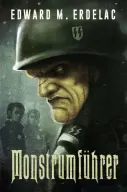
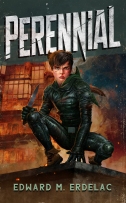
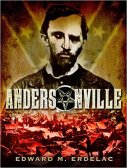
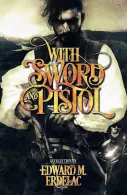
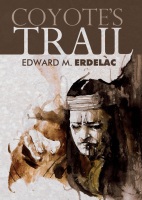


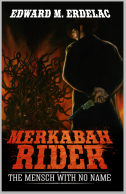



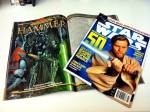
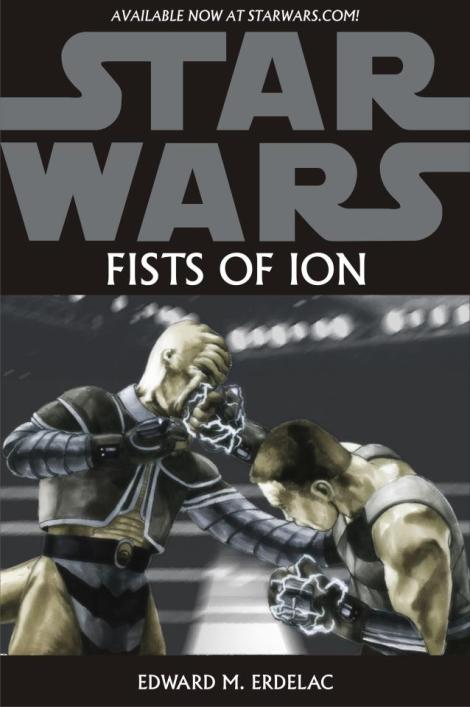



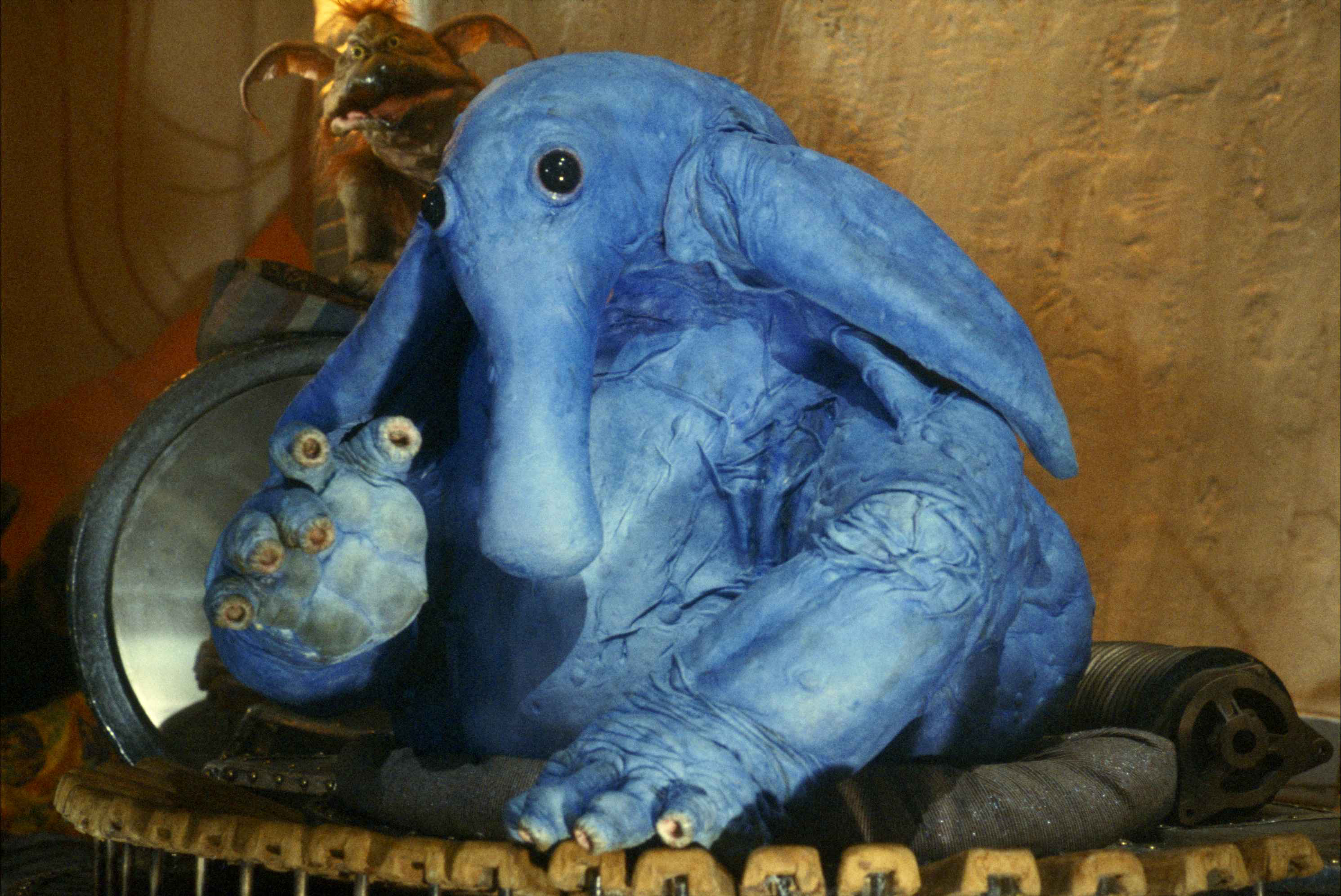

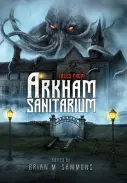


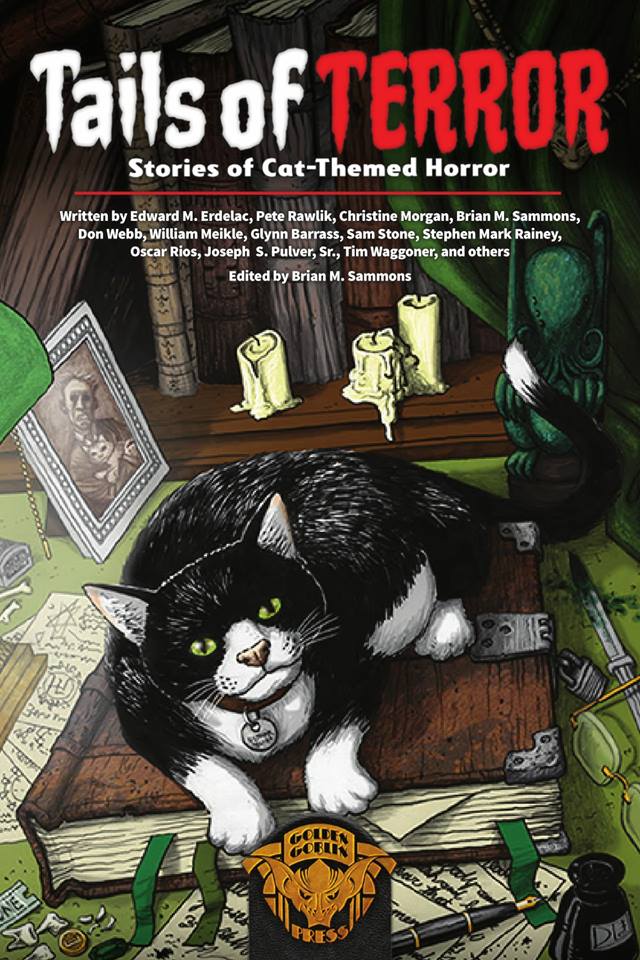




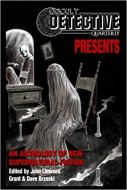
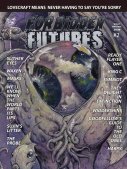






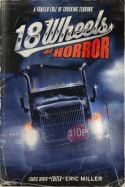
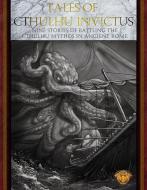
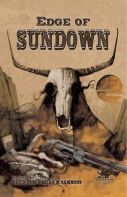




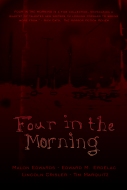



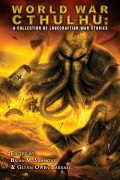







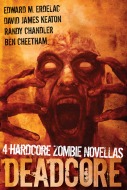




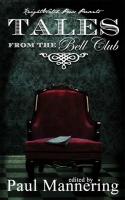
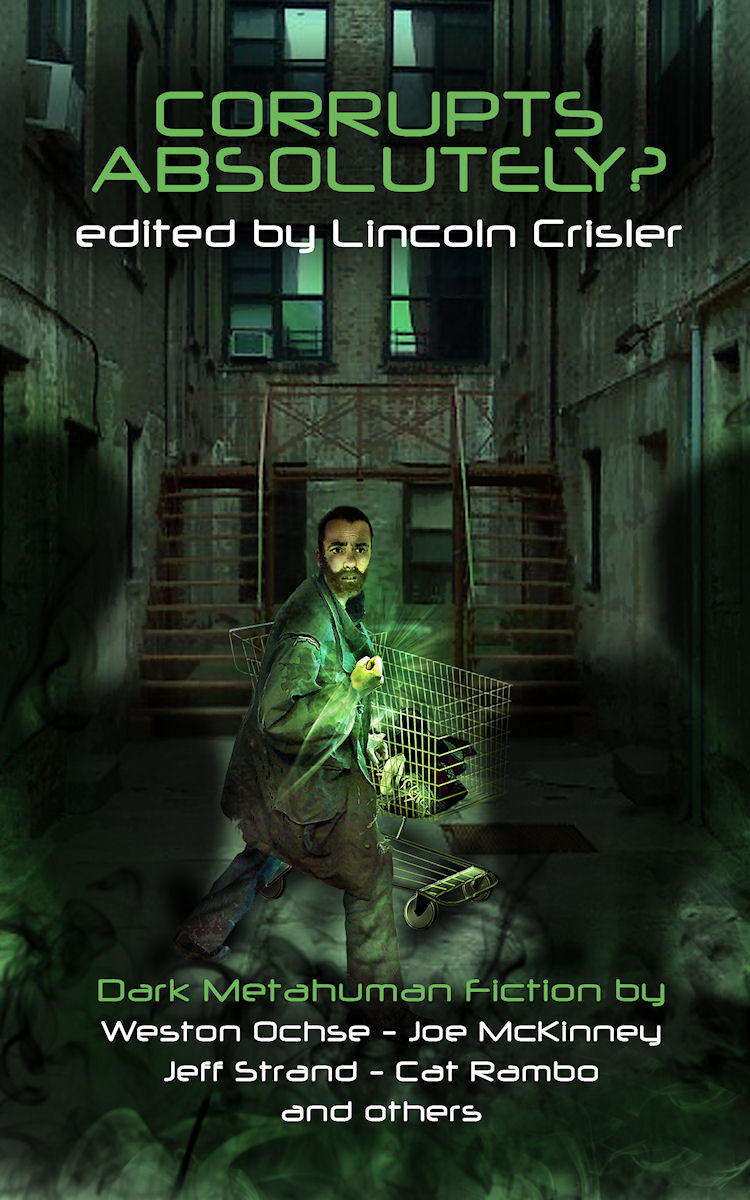
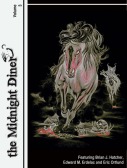
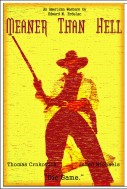




Leave a comment